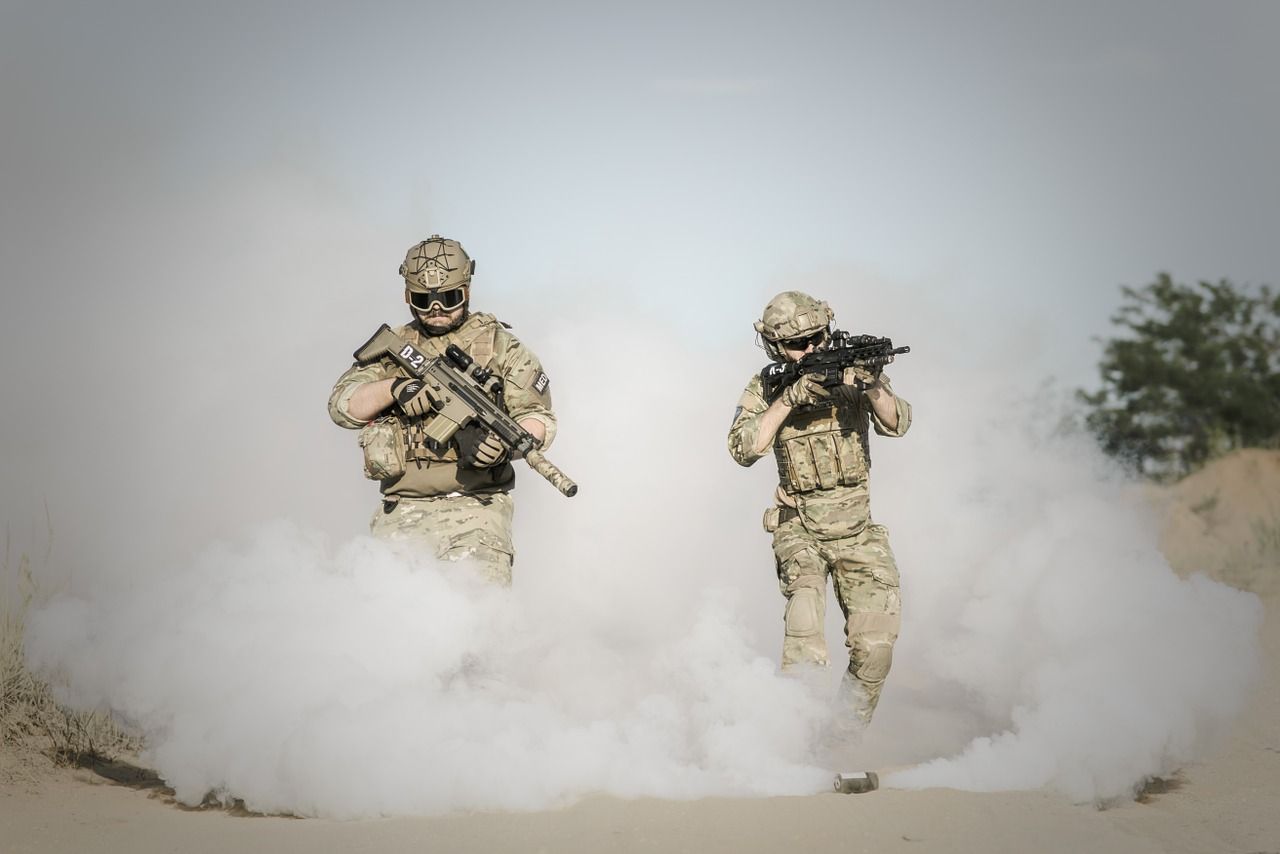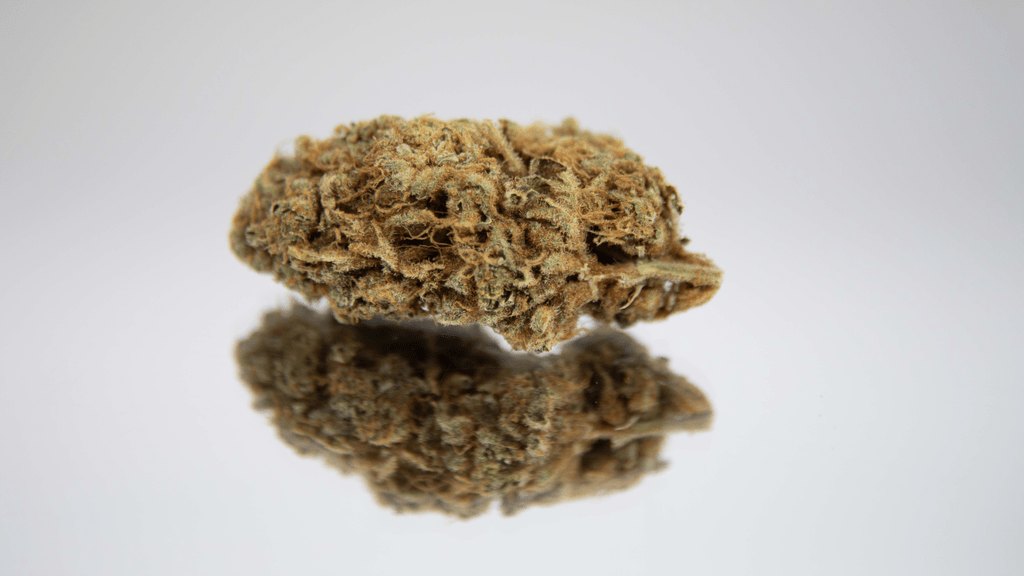
-
Trending today
Cannabis in Uniform: Navigating Policy Changes in the Armed Forces
Today’s armed forces take a closer look at a topic stirring debate within: the evolution of cannabis-related policies.

-
Featured Posts
-
The Future U.S. Military: Technology Redefining Power and Presence
The U.S. military is rapidly evolving into a force driven by data, autonomy, and artificial intelligence. From drones that fly…
-
How Pop Culture and War Movies Have Ignored Cannabis’s Role in Recovery
For decades, pop culture has shaped how society views soldiers and recovery from war. From classics like Platoon and Apocalypse…
-
From Combat Boots to Cultivation: The Rise of Veteran Growers
Across the country, a growing number of U.S. veterans are trading rucksacks for root balls—and they’re reshaping modern agriculture and…



